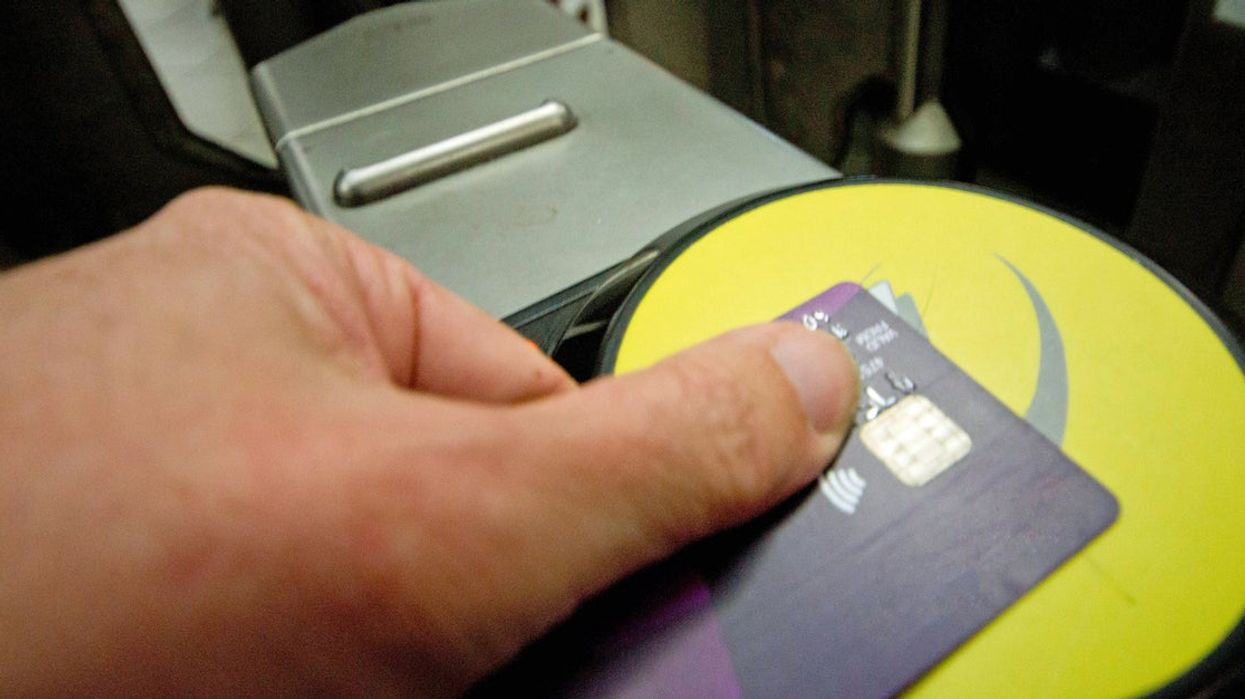News
Greg Evans
May 26, 2018

Picture:
Getty Images/iStockphoto
Hate crime on public transport is an unfortunate fact of life in 2018.
Most recently we saw the disturbing footage of a man in New York verbally assaulting a black woman on a train.
Reporting these types of crimes, should you happen to see one on public transport, shouldn't be seen as a problem - but identifying the culprit is often easier said than done.
Yet a viral tweet from BuzzFeed journalist Patrick Strudwick has revealed a way that the Met Police and Travel for London can identify someone who has committed a hate crime on public transport in the UK capital.
After attending a hate crime event hosted by the Met Police, Patrick reported that a hate crime could be reported by giving out your debit or Oyster card number.
From there, the police can trace the point you were on a TfL vehicle and, most importantly, which other customers were on board at the exact same time.
Patrick's tweet has been retweeted over 9,000 times since it was posted on Thursday.
Some people were concerned about the amount of surveillance and data that TfL and the police may have about ordinary citizens.
In a statement given to indy100 via TfL Steve Burton, Director of Compliance, Policing and On-Street Services explained what this means to indy100, and clarified exactly how you can report a hate crime on public transport in London and how they use ticket data to investigate instances of this nature.
We do not tolerate any form of hate crime on London transport. Our passengers have the right to travel safely and securely and if someone has targeted you or you’ve witnessed it happening to someone else, report it to the police by calling 101 or texting 61016, if it is an emergency call 999.
Ticketing data can help identify exactly where the incident took place and help with the identification of the suspect.
We work closely with the police and will provide CCTV evidence and ticket data on a case-by-case basis, where it is specifically requested by the police and appropriate to do so.
Inspector Wayne Matthews of the Met Police Road and Transport Policing Command echoed this policy in a separate statement to indy100:
The Met works closely with Transport for London to tackle crime on the surface transport network.
Where a crime has taken place on the transport network, the Met with TfL will carry out a robust investigation to identify and trace suspects.
This usually involves the retrieval of evidential CCTV. However, in certain circumstances, ticket data may be requested by the Met in order to identify suspects or trace CCTV that will lead to the identification of suspects.
In all cases, this information is managed in accordance with the Data Protection Act and the Human Rights Act, and the Management of Police Information. Police requests for such data must be proportionate, lawful and necessary.
In addition, TfL told indy100 that all ticketing data is kept private and only shared with police upon request for a specific incident that is part of their investigation. If the data is shared it is done in accordance with data protection legislation, the Human Rights Act and Management of Police Information. Police requests must also be proportionate, lawful and necessary.
TfL runs the #WeStandTogether campaign alongside the police to encourage reporting of hate crime. You can learn more here.
HT Metro
More: LGBT+ hate crimes: What to do if you've been a victim and how to cope
Top 100
The Conversation (0)













